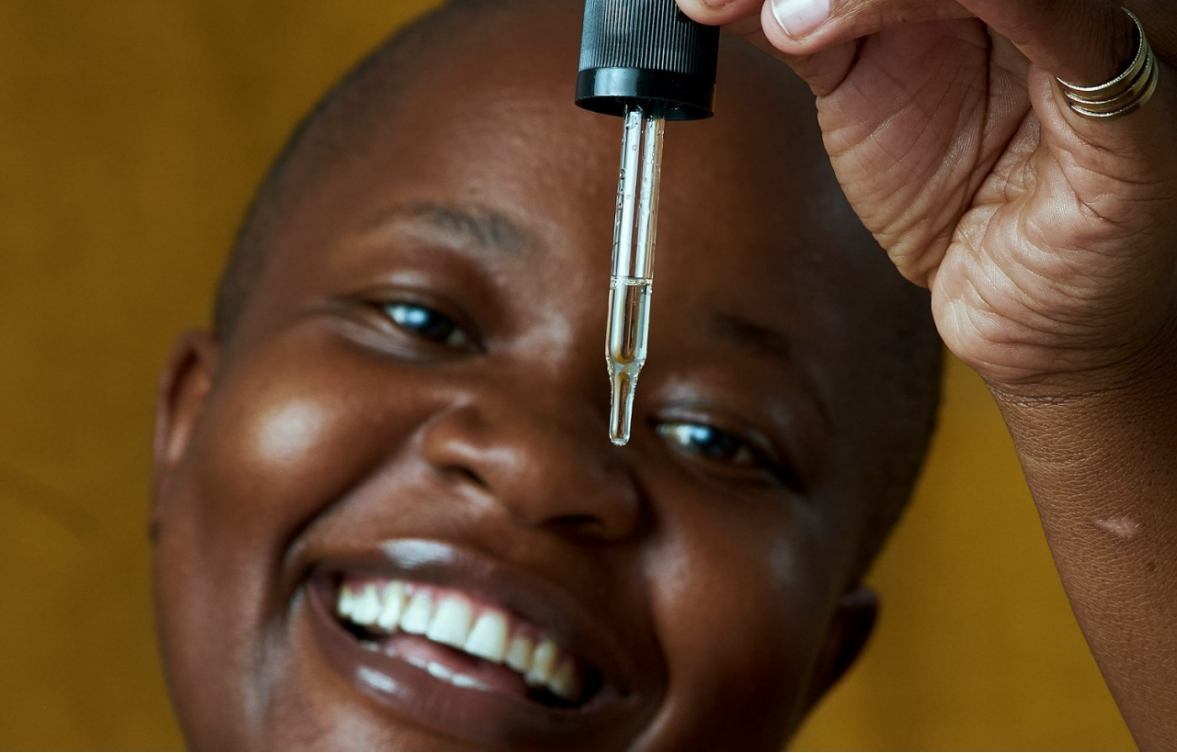Scalp Psoriasis: Triggers and Treatment Options
Scalp psoriasis causes red, itchy patches of skin. It's important to identify factors that trigger these symptoms, such as stress or cold weather. With the right care, from medications to new vaccinations, it can be well treated.
Scalp psoriasis causes red, itchy patches of skin. It's important to identify factors that trigger these symptoms, such as stress or cold weather. With the right care, from medications to new vaccinations, it can be well treated.

Scalp psoriasis is a condition that affects many people worldwide, causing discomfort and affecting the skin of the scalp. It causes the skin to form red, raised patches covered with silvery scales that can be itchy and sometimes painful. Unlike dandruff, which is a purely cosmetic issue, scalp psoriasis is a chronic autoimmune disease that requires targeted treatment to relieve symptoms and prevent flare-ups.
Common Triggers of Scalp Psoriasis
Treating scalp psoriasis starts with identifying and avoiding triggers that make symptoms worse. While the exact cause of psoriasis isn't completely understood, there are several factors known to trigger flare-ups in susceptible people:
- Stress: Emotional stress is a common trigger for scalp psoriasis. During times of high stress, the immune system can overreact, leading to inflammation and psoriasis flare-ups. Managing stress through relaxation techniques or therapy can significantly reduce the frequency of flare-ups.
- Infections: Infections, especially those caused by strep throat or other upper respiratory illnesses, can trigger or worsen scalp psoriasis. Promptly treating these infections can help reduce their impact on psoriasis symptoms.
- Cold weather: Dry and cold weather can strip moisture from the scalp, causing irritation and inflammation. Using moisturizers and humidifiers during colder months can help keep your skin hydrated and reduce the likelihood of flare-ups.
- Certain medications: Certain medications, such as lithium or beta blockers, are known to cause psoriasis. If you experience a flare-up while taking certain medications, contact your doctor for alternative treatment options.
- Harsh hair products: Certain hair dyes, shampoos, and styling products can irritate the scalp and trigger psoriasis. Using a gentle, sulfate-free shampoo and avoiding the use of too many chemicals can help protect a sensitive scalp.
- Diet and lifestyle: While research is still ongoing, some studies suggest that diet and lifestyle factors, such as drinking alcohol, may make psoriasis worse. Eating a balanced diet rich in anti-inflammatory foods and limiting alcohol can help control outbreaks.

Effective Treatments for Scalp Psoriasis
Although there is no cure for scalp psoriasis, there are several treatments that can help relieve symptoms, reduce inflammation, and minimize discomfort. These treatments range from topical solutions to more advanced options like injections.
- Medicated Shampoos and Topical Treatments: For mild to moderate scalp psoriasis, medicated shampoos with ingredients like salicylic acid or coal tar are often recommended. These ingredients help soften and remove flakes, reduce irritation, and promote healing. Topical corticosteroids are another common treatment and are available in creams, ointments, and even foams designed specifically for the scalp. They help reduce inflammation, redness, and itching. However, long-term use of corticosteroids should be monitored by a doctor to avoid side effects.
- Phototherapy: Phototherapy, or phototherapy, involves exposing the scalp to ultraviolet (UV) light under controlled conditions. This treatment slows the rapid growth of skin cells, which is a hallmark of psoriasis. Regular phototherapy under medical supervision can significantly relieve symptoms in people with moderate to severe scalp psoriasis.
- Systemic treatments: More severe cases of scalp psoriasis may require systemic treatments. These include oral or injectable medications that work throughout the body and suppress an overactive immune system response. While these treatments are effective, they are usually only used in people whose symptoms do not respond to topical treatments or light therapy.
- New injectable options: The latest advances in treating psoriasis include biologic injections, which target specific immune system proteins responsible for the inflammatory response. These biologics have been shown to significantly relieve symptoms in people with moderate to severe psoriasis, including those with scalp involvement. One of these injections targets the interleukin 17 (IL-17) protein, which plays a key role in psoriasis. By blocking the effects of IL-17, the injection reduces inflammation and prevents the immune system from attacking healthy skin cells. Many patients report significant improvement in symptoms, with less scaling, itching, and discomfort.
- Natural remedies and lifestyle changes: Some people find relief by incorporating natural remedies into their treatment plan. Aloe vera, coconut oil, and tea tree oil are popular natural remedies that can soothe the scalp and relieve irritation. Additionally, a healthy lifestyle with regular exercise, a nutritious diet, and adequate hydration can help improve overall skin health and reduce the frequency of breakouts.
Managing the Emotional Impact of Scalp Psoriasis
Living with scalp psoriasis can be emotionally stressful. The noticeable nature of the condition, coupled with ongoing discomfort, can lead to feelings of embarrassment, anxiety, and even depression. It's important to seek support from a healthcare provider, support group, or therapist to address the emotional issues of living with psoriasis.
Open communication with friends and family can also ease feelings of isolation. Talking openly about the condition and explaining its triggers can foster understanding and support from those around you. Many people with psoriasis find that managing both the physical and emotional aspects of the condition improves their overall quality of life.
Final Thoughts
Scalp psoriasis can be a chronic condition, but with the right treatment plan and lifestyle adjustments, it can be effectively managed. From medicated shampoos and organic injections to stress management and natural remedies, there are a variety of options to relieve symptoms and improve scalp health. Early intervention and ongoing care are key to reducing the severity of symptoms and preventing flare-ups of the condition.If you or someone you know has scalp psoriasis, contact a dermatologist for personalized treatment options and recommendations.
By understanding triggers and researching the best treatment options, people with scalp psoriasis can regain control of their condition and improve their quality of life.